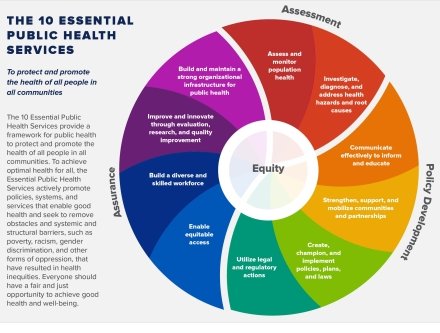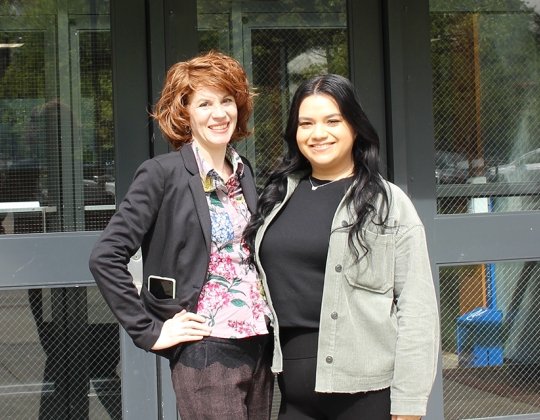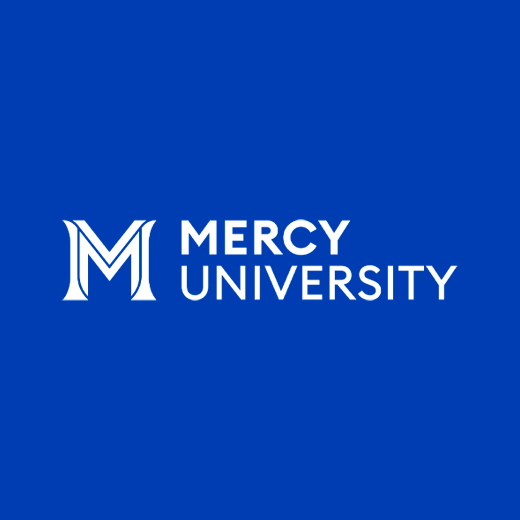
Health Science: Health Promotion
- 120 Credits
- School of Health and Natural Sciences
- Bronx
- Westchester

Health Science: Health Promotion Overview
The Bachelor of Science in Health Science, concentration in Health Promotion provides a comprehensive and innovative curriculum that prepares students for evidence-based practice in health promotion. Students take courses that focus on human biology, personal behavior, social and environmental determinants of health as well as the structure of and access to health care.

What is Health Promotion?
Health promotion is part of the core disciplines of public health. The core disciplines of public health include: 1) biostatistics, 2) epidemiology, 3) health policy, 4) environmental health sciences, and 5) the social and behavioral sciences (also known as health promotion). To learn more about public health and health promotion, see this video from the American Public Health Association.
The World Health Organization defines Health Promotion as “the process of enabling people to increase control over, and to improve, their health.” Health educators and other health promotion practitioners seek to improve health by addressing the health knowledge, attitudes, beliefs, and skills of individuals alongside environmental factors, social determinants of health, and inequities. Watch this video from the National Council on Health Education Credentialing to learn about where health educators work and what they do.
Students in the Health Promotion Concentration study the Core Functions and Essential Services of Public Health and the Eight Areas of Responsibility for Health Education Specialists.

Become a Certified Health Education Specialist
The Health Promotion concentration covers the specific competencies required for students to qualify to take the Certified Health Education Specialist (CHES®) examination administered by the National Commission for Health Education Credentialing, Inc. Students can seek careers as a community health educator in a variety of settings such as public and community agencies, business and industry, hospitals, and other types of clinical facilities. The health promotion concentration also prepares students who may want to advance their health degree (e.g., MPH, MPA in Health Administration, or DrPH/PhD/EdD in public health/Health Education/Community Health).

Meet Dr. Davidson, Health Promotion Program Faculty Member
Dr. Charis Davidson teaches in the Health Promotion concentration of the undergraduate Health Science program. Her courses help students develop essential skills in health promotion including needs assessment, intervention planning, and evaluation. Her goal is for students to graduate Mercy University prepared to work towards health equity in the communities they serve. Dr. Davidson supports students exploring their interests in public health and health promotion as they decide whether to pursue a career in this field. She holds an MPH and DrPH in Health Promotion, Education, and Behavior from the Arnold School of Public Health at the University of South Carolina. In addition to working with students, Dr. Davidson is an active practitioner and researcher.










